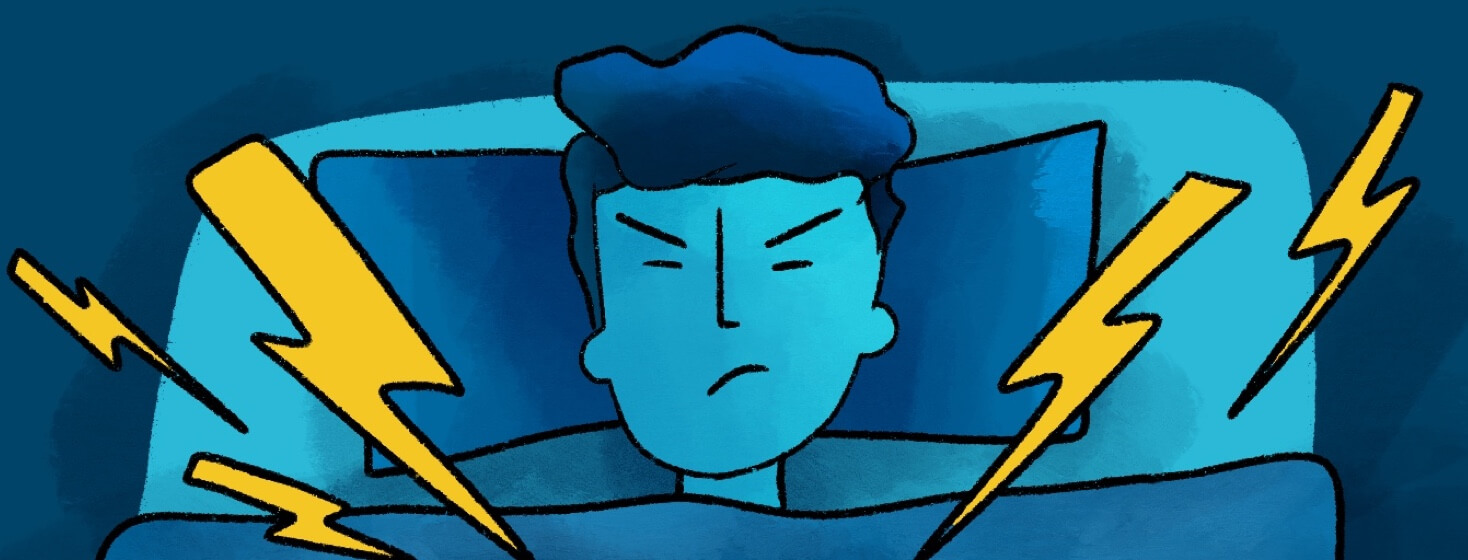How Sleep Can Impact Seizures
We have all heard how getting enough sleep is a crucial aspect of overall health. Getting the proper amount of sleep each night is important not only for your physical health but also for your mental health. Have you ever woken up on the "wrong side of the bed?" Lack of sleep probably had something to do with your bad attitude.
Sleep deprivation and seizure symptoms
However, for individuals with epilepsy, like my son who is also non-verbal, the relationship between sleep cycles and seizures can make getting enough sleep and quality of sleep much more challenging.
I noticed early on in Michael's epilepsy diagnosis that understanding sleep quality and cycles was essential for managing his seizures and improving his quality of life.
Seizures when waking from sleep
A trend began to evolve where seizures were happening upon waking from sleep. We began to have conversations with his neurologist about this pattern. We were educated about the cycles of sleep and the fact that research has shown that disruptions in the normal sleep cycle can potentially trigger seizures in individuals with epilepsy.
Why lack of sleep can be a trigger
The reasons behind this connection are multifaceted and not fully understood. However, some key factors contribute to the increased susceptibility to seizures during specific sleep stages:
- Sleep deprivation: Irregular sleep patterns or inadequate sleep duration can lower the seizure threshold, making individuals more vulnerable to seizure activity. Sleep deprivation disrupts the balance of neurotransmitters and increases neuronal excitability, paving the way for seizure events.1
- Circadian rhythms: The body's internal clock, or circadian rhythms, regulates various physiological processes, including the sleep-wake cycle. Disturbances in circadian rhythms can impact seizure susceptibility, with some individuals experiencing a higher likelihood of seizures during specific times of the day or night.2
- REM sleep and seizures: Some studies suggest a potential association between REM sleep and an increased risk of seizures. The reasons for this link are still under investigation, but it is hypothesized that changes in neurotransmitter release and brain activity during REM sleep may contribute to seizure occurrence.3
Avoiding sleep deprivation by improving his sleep routine
We made some adjustments to our son's sleep routine to help remove some of the potential stressors that could be contributing to his increased seizures while waking from sleep. We found that following these guidelines helps to decrease our son's seizures from sleep disturbances.
- Maintaining a regular sleep routine helps stabilize circadian rhythms, reducing the risk of seizure triggers associated with irregular sleep patterns. We noticed that when we allowed Michael to fall asleep and wake on his own, rather than wake him up, he would have less seizure activity.
- Creating an environment that promotes healthy sleeping can improve the overall quality of sleep and minimize disruptions. We accomplished this by dimming the lights and closing the drapes to make the room dark if Michael was napping during the day. We also found that playing white noise on the television helped to calm him and allow him to fall asleep and stay asleep for the proper amount of time.
- Michael follows a strict medication schedule and if we forget to administer his seizure medications on time, this is quickly evident. We have learned to set alarms on our cell phones to make sure we remember the medication schedule.
Better sleep, less seizure symptoms
As Michael has grown older, we find that he can recognize when he is tired and fall asleep easier. Quality sleep has impacted his quality of life and decreased his seizures.

Join the conversation